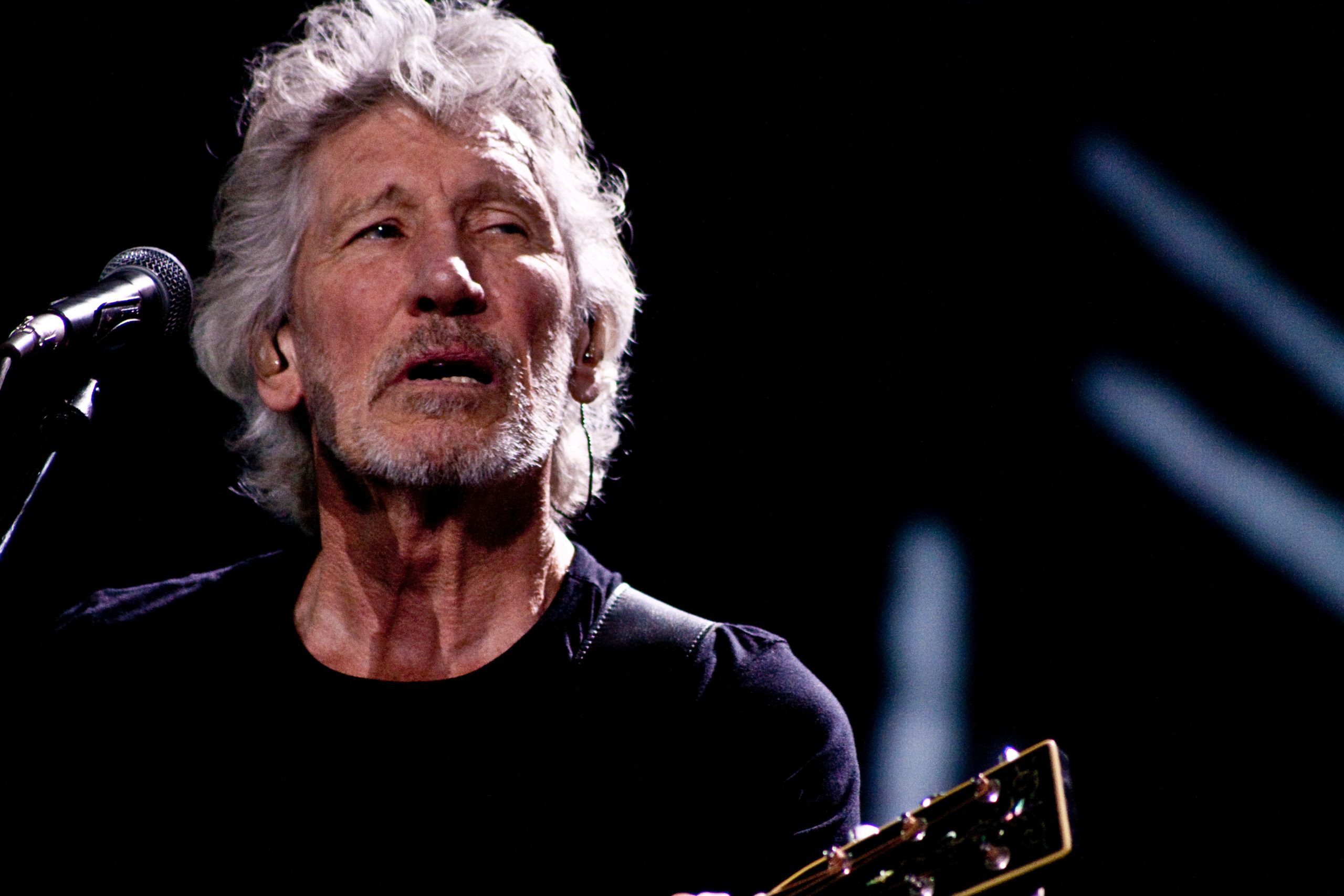When humanitarian activism collides with government efficiency movements, you get exactly this kind of train wreck. Bono appeared on The Joe Rogan Experience last Friday, turning a routine interview into a heated debate about USAID cuts, with the U2 frontman painting a dire picture of global consequences. Elon Musk responded swiftly and brutally, calling Bono “such a liar/idiot” on X.
This isn’t your typical celebrity Twitter feud—it’s a fundamental clash over how America approaches its $42 billion foreign aid budget. Your tax dollars sit at the center of this philosophical battle between maintaining humanitarian infrastructure and eliminating what critics see as systemic waste. In a media landscape where personal scandals often overshadow policy debates, this conflict lands right in the territory of celebrity controversy fallout.
The Numbers Behind the Noise
Bono referenced Boston University projections estimating that DOGE’s cuts to USAID could cause more than 300,000 deaths worldwide. The modeling, led by infectious disease expert Brooke Nichols, projects that 200,000 of those deaths would be children. But here’s the crucial distinction—these are mathematical projections with what Nichols herself calls “huge error bars”, not confirmed casualties.
Bono described “50,000 tons of food rotting in warehouses” from Djibouti to Houston because key personnel were fired. Meanwhile, Musk categorically denied that any deaths occurred—a claim contradicted by both modeling estimates and documented individual cases reported by NPR and other outlets.
Joe Rogan found himself in the uncomfortable position of fact-checking both sides. He acknowledged USAID’s legitimate humanitarian work while calling the agency “a money laundering operation” with “no oversight, no receipts.” Think of it as surgical criticism—recognizing the patient needs treatment while questioning the surgeon’s methods.
The Modeling Reality
Nichols’ projections show that approximately 96,000 adults and 200,000 children may have died due to aid cutbacks as of recent estimates. But Nichols emphasizes these estimates have “huge error bars” because it’s unclear what gaps other organizations might be filling. NPR’s investigation documented alleged individual deaths linked to USAID cuts, including 7-year-old Babagana in Nigeria, who died after a U.S.-funded clinic closed.
The reality check? Musk’s “zero deaths” claim may not hold up against documented cases, while the full scope of Bono’s projections seems insane.
Cultural Collision Course
This debate captures a larger tension in how we approach global responsibility. Conservative commentators cheered Musk’s response, with many dismissing Bono as out of touch. Rogan’s audience largely rejected Bono’s message, with comments calling him “evil” and suggesting they’d skip the episode.
When your humanitarian message gets received like a TikTok that won’t stop autoplaying, you’ve lost the narrative war regardless of factual accuracy. Bono’s decades of activism suddenly felt less relevant than Musk’s government efficiency brand.
The irony? Both men are trying to solve problems—they just disagree fundamentally on methodology. While Bono advocates for maintaining aid infrastructure, Musk champions eliminating what he sees as systemic waste.
This controversy highlights how quickly humanitarian debates become political theater, leaving actual policy solutions buried under social media soundbites. Your foreign aid dollars remain caught in the crossfire between competing visions of American global responsibility—a collision that echoes the ongoing legacy of controversial music figures who turned public platforms into battlegrounds for larger ideological fights.

























